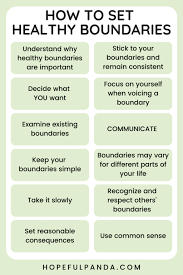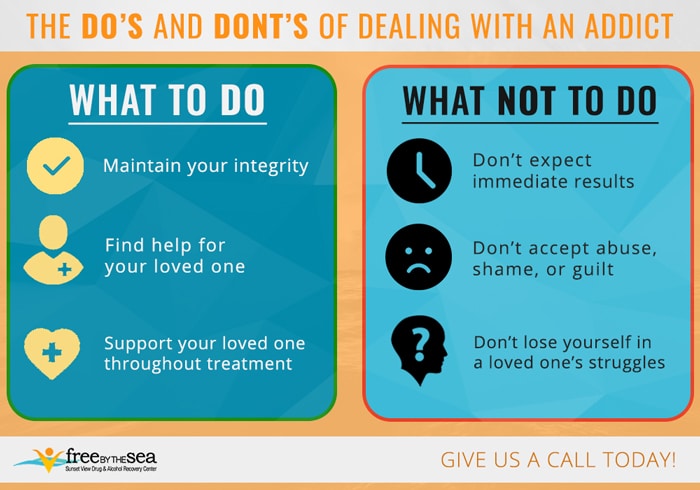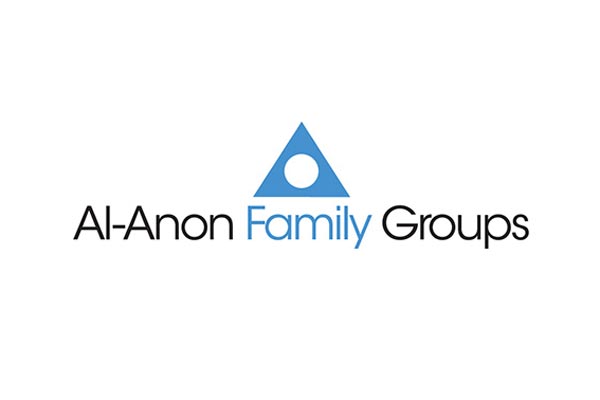Helping a Loved One

Understanding Substance Abuse
People use drugs and alcohol for many different reasons. Many people turn to substances to cope. Your loved one could be using it to cope with anxiety, and depression or may have suffered a traumatic event in their life. Often people use substances to escape how they are feeling. Some aren’t aware of their mental state when they start using (Guide, 1999).
How to Talk to Someone About Drug Abuse
When talking to your loved one, you must come from a place of love and empathy. It is crucial to pick a time when you are both sober and in a comfortable place with no distractions. It is also important to express your concerns honestly, listen with an open mind, offer resources for them to get better, be prepared for denial, and most importantly don’t set expectations (Guide, 1999).
Support a Loved Ones Recovery
It is important to know that not everyone recovers in the same way. Some key ways you can support your loved one in recovery are to adjust your expectations, support your loved one to go to meetings and connect with resources within the community, offer to go with your loved one, help form a plan for when cravings or triggers occur, help them form new interests and most importantly accept the likelihood of relapse (Guide, 1999).
This video talks about how you can help your loved one when they are struggling with addiction or substance use. The video goes through multiple steps you can work on to help your loved one. The first step Recovery Village talks about is educating yourself on addiction because it’s hard to help without understanding addiction or substance use. Taking the time to educate yourself is crucial for you and your loved one. The next step they cover in this video is supporting your loved one. It is important for you to voice your concerns and offer to support them every step of the way. Encouraging recovery is a great step to take to help your loved one. This video also goes over how important it is to understand and educate yourself on the process of recovery, and talks about more steps you could use in order to help your loved one. We hope that this video gives you some guidance through this process (Recovery Village, 2016).
Setting Boundaries
It is important to set boundaries for yourself and your loved one. Boundaries that could be discussed are what behaviours you will or will not tolerate and what the consequences may be. It is common for people that struggle with addiction to push and test the limits, but be strong and follow through with the boundaries you set. Remind yourself why you set boundaries and that you are helping your loved one. Most importantly make sure you take the time for self-care so you can help your loved one from a healthy mind space.

How do I Cope When My Loved One Is Struggling With Addiction?
There is no one way to cope when it comes to addiction or watching your loved one go through addiction. You could start by going to meetings of your own because you are not alone, other families are going through the same things as you. Al-anon is a great resource to help you get through this tough time and to find healthy ways to cope. Al-anon is for adults coping with a spouse, child, friend, or family member that is going through addiction. Al-anon meetings are free and are full of family members that are coping with the same or similar problems as you. Some of the things that are talked about in these meetings are that addiction is nobody’s fault, family and friends have no control over the addiction process, and how to take care of yourself while helping a loved one (Schwartz, 2022).
10 Steps to Help Cope
- Speak up
- Take care of yourself
- Don’t make excuses for loved one
- Don’t blame yourself
- Be safe
- Step back
- Be positive
- Be focused
- Remember you can’t change your loved one you can only try and help
- Take action (Schwartz, 2022).

Below are resources that may help to guide you through supporting a loved one with addiction or substance use.
Al-anon
As previously said, Al-anon is a great resource that can help you understand what your loved one is going through and can give you ways to cope. Al-anon is a great resource for families that are struggling to watch a loved one go through addiction. In Al-anon people in the group don’t necessarily give you direct advice but they share their stories and experiences. Al-anon has a one-day-at-a-time approach which means one step at a time. Loved ones have reported that after their mother, father, friend, etc had gone to Al-anon meetings they became more educated and more supportive in their recovery process.

Understand the Stigmas Around Addiction
Stigmas are harmful because they may prevent a person with an addiction to seek help. People may avoid treatment options provided for them because of the judgment and treatment they have received. People that struggle with addiction most likely feel like they are a bad person or that they are weak because of the stigma around addiction and substance use. Often people with an addiction will hide that they are struggling because of the judgement people give. Furthermore, families often hide the fact that their loved one has an addiction because they are worried they will be judged as well. “What can I do to stop this stigma?” It is important to support your loved one, help them with their recovery and most importantly educate yourself (Canada, 2021).
The following source contains more information on the stigma around addiction and substance use.
Al-Anon Family Groups.(2021, January 13). How Can I Help My Problem Drinker Quit Drinking? https://al-anon.org/newcomers/how-can-i-help-my/
Families for Addiction Recovery. (n.d.). Stigma. https://www.farcanada.org/understanding-addiction/stigma-changing-conversation/
HelpGuide. (2022, November 2). Helping someone with a drug addiction. https://www.helpguide.org/articles/addictions/helping-someone-with-drug-addiction.htm
Schwartz, A. N. (n.d.). How do you cope when a loved one has an addiction? https://www.mentalhelp.net/blogs/how-do-you-cope-when-a-loved-one-has-an-addiction/
Sternlicht, L. & Sternlicht, A. (n.d.). My loved one has an addiction, what do I do?: A guide to help you navigate recovery. Family Addiction Specialist. https://www.familyaddictionspecialist.com/blog/my-loved-one-has-an-addiction-what-do-i-do-a-guide-to-help-you-navigate-recovery
The Recovery Village Drug and Alcohol Rehab. (2016, November 1). How to Help Someone With Drug or Alcohol Addiction [Video]. YouTube. https://youtu.be/zuW8euvDPKM.